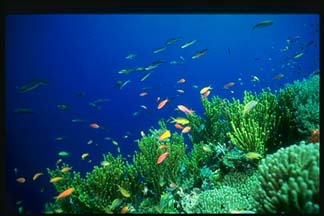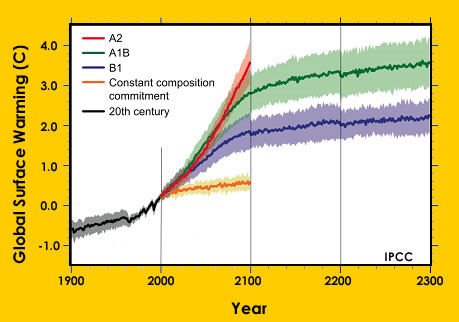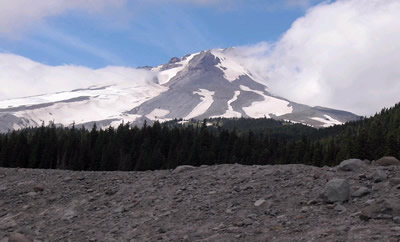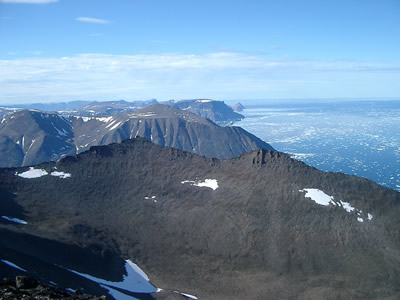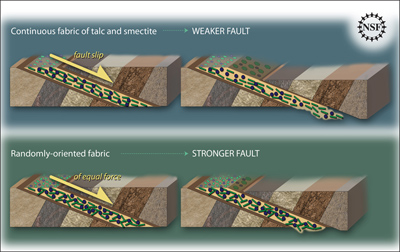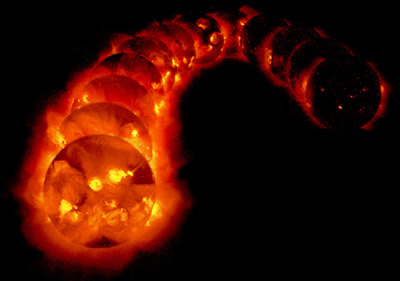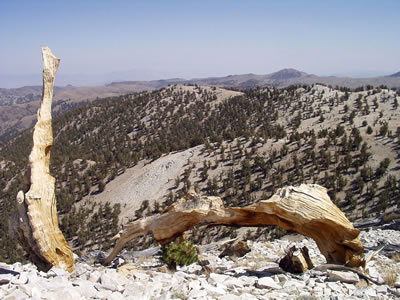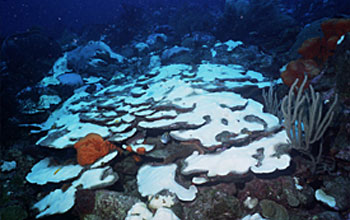
Credit: Todd LaJeunesse, Penn State
Global Warming Causes Outbreak of Rare Algae in Caribbean Corals
News story originally written on September 9, 2009
The Caribbean Sea is usually a warm place, but during 2005 it became much warmer than normal. The extra heat put corals in extreme danger. Now scientists have figured out how some corals survived the event thanks to a tiny type of algae.
Corals tend to loose the algae that live within their bodies when temperatures warm, a process called coral bleaching. Their bodies become transparent allowing their rocky skeletons to show through and they look white in color. Corals rely on the algae for nutrition and will likely die without them. This is becoming more common, triggered by warmer ocean temperatures due to global warming.
Surprisingly, scientists found that a rare species of algae was growing in numbers during the 2005 coral bleaching event. Unlike other types of algae, this one was able to survive the unusually warm waters. This rare type of algae may have saved certain colonies of coral.
As waters warmed, the amount of this rare alga increased in coral species that are most sensitive to warm water. Two years after the event, the team found less of the rare algae. The corals took in other, more typical types of algae when water temperatures returned to normal.
This type of algae may be able to save corals from bleaching during warm periods, but may not be good for the long-term health of the corals. The researchers suspect that, unlike other types of algae, the rare algae does not provide the corals with the nutrition they need. They are planning more research studies to better understand how this type of algae affects coral.






